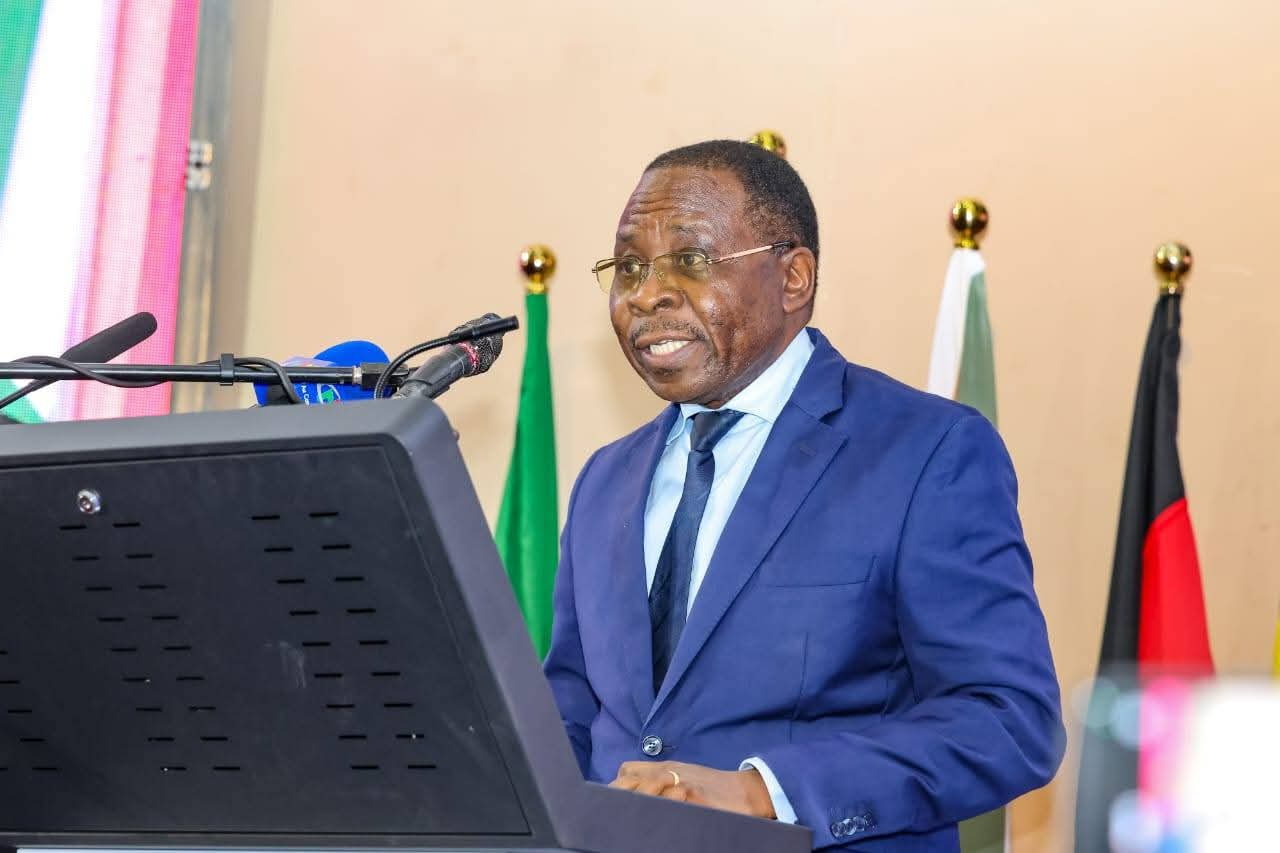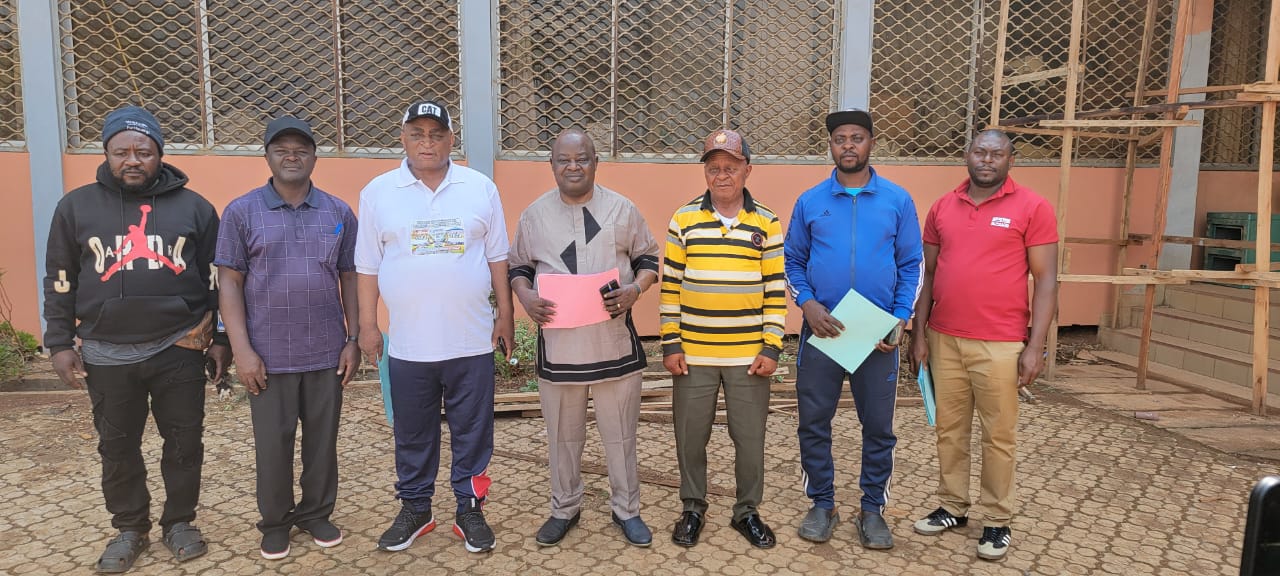Out of about 14,000 foreign employees registered in Cameroon, only 4,000 have a work visa issued by his administration. The other 10,000, who work in public and semi-public companies as well as in the private sector, are in an irregular situation.
Cameroon’s Minister of Employment and Vocational Training Issa Tchiroma Bakary, multiplies outings on this subject, denounces the murky game of employers. On February 8, in Douala, he went to sensitize companies in the perspective of a full application of regulatory provisions. In particular, Article 22 paragraphs 1, 2 and 3 of the Finance Act of 2023, which provides for a levy on the cost of work visa to be affixed to the employment contracts of foreign workers.
Minefop is also up in arms with companies over official quotas for foreign labour. Chinese and Indian companies are particularly targeted by this campaign, especially those active in major infrastructure projects of the government whose impact on the fight against unemployment is not really perceptible since 2010.
On the latter, the Cameroonian authorities honestly acknowledge that there is a huge deficit of local skills compared to the required international standards. This reality makes it impossible to implement the famous public strategy of “Cameroonisation” of jobs. “Despite the will and determination of the government to reserve visas for foreign personnel as a priority for personnel of the 10th category and above, who have the capacity to ensure a transfer of technology and skills to nationals, and to exceptionally grant visas to technicians, labourers, workers in a controlled manner, for determined durations with mechanisms to replace foreigners with nationals, Minefop has come up against the problem of the deficit of national skills in the areas of activity that create jobs.




